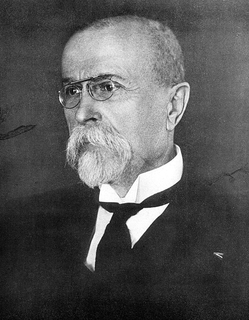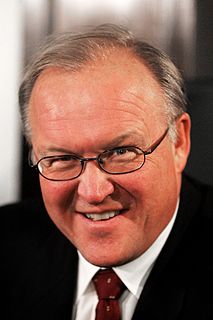A Quote by Steve Mnuchin
The IMF and other multilateral institutions do not appear to have prevented nations from manipulating the value of their own currencies.
Quote Topics
Related Quotes
The IMF is a more complicated issue. I think there is a broad sentiment among both the left and the right that the IMF may be doing more harm than good. On the right, there's the view that it represents a form of corporate welfare that is counter to the IMF's own ideology of markets. But anybody who has watched government from the inside recognizes that governments need institutions, need ways to respond to crises. If the IMF weren't there, it would probably be reinvented. So the issue is fundamentally reform.
The mark of a single currency is not only that all other currencies must be extinguished but that the capacity of other institutions to issue currencies must also be extinguished...In the case of the United Kingdom, that would involve Parliament binding its successors in a way that it has hitherto regarded as unconstitutional.
Complementary currencies work in addition to existing money, rather than replacing existing, official money. There are whole different families of complementary currencies. One of them is local currencies. One is regional currencies. Another is functional currencies. Another is social-purpose currencies.
The institutions that claim to represent God, when they are not ignored altogether, are treated like other human institutions that have to earn their right to a hearing by the value of what they say, and not by virtue of who is saying it. Today, authority has to earn respect by the intrinsic value of what it says, not by the force of its imposition.
The United States is pushing as policy division of the world into rival currency camps - the dollar area on the one hand, and the Russia-Chinese-Shanghai Cooperation Organization group on the other, especially now that the IMF has changed its rules. People think that if there are rival currency groupings and national currencies are going bust, we might as well use gold as a safe haven.
We shall always be a small minority in the world, but, when a small nation accomplishes something with its limited means, what it achieves has an immense and exceptional value, like the widow's mite. It is a deliberate and discerning love of a nation that appeals to me, not the indiscriminate love that assumes everything to be right because it bears a national label. Love of one's own nation should not entail non-love of other nations. Institutions by themselves are not enough.


































